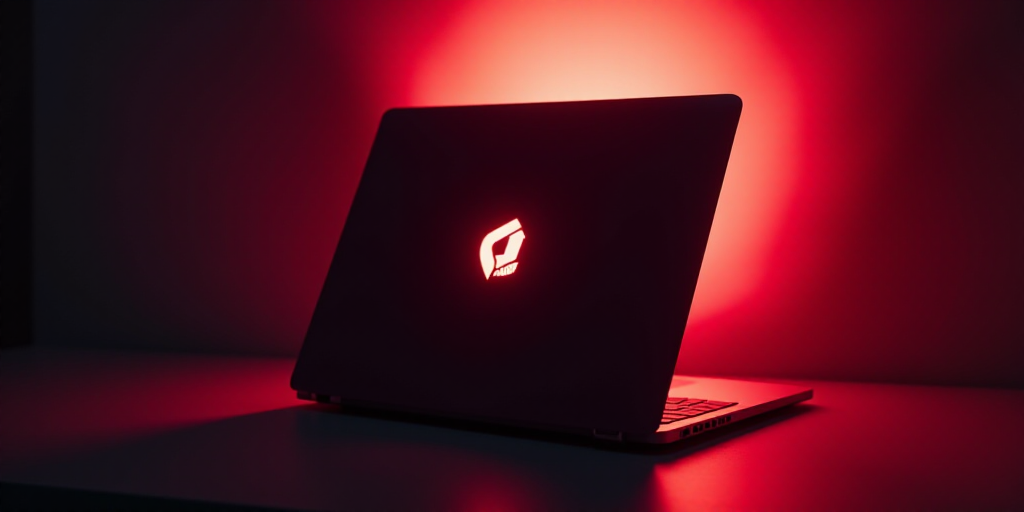Background on OpenAI and its CEO, Sam Altman
OpenAI, a leading artificial intelligence (AI) research and development company founded in 2015, has decided to remain a non-profit organization instead of transitioning into a for-profit entity. The company’s CEO, Sam Altman, announced this change after listening to civic leaders and consulting with the attorneys general of California and Delaware.
OpenAI’s Initial Plan to Become a Public Benefit Corporation (PBC)
Previously, OpenAI had planned to convert into a “Public Benefit Corporation” (PBC), a legal structure in the United States that aims to balance profit-making with public benefit. This move was intended to attract investors and secure substantial funding. However, this plan faced criticism from AI safety advocates and co-founder Elon Musk, who argued that it contradicted OpenAI’s foundational philosophy.
Reasons for the Change in Decision
The primary concerns raised by critics revolved around the potential risks of prioritizing profits with such a powerful technology without oversight from a non-profit board acting in the best interest of society rather than shareholders.
OpenAI’s Current Structure
Under the new plan, OpenAI’s revenue-generating branch will now be fully open to profit generation. However, it will continue under the supervision of a non-profit board. This change still requires approval from California and Delaware’s state governments, where OpenAI is headquartered and registered, respectively.
OpenAI’s Success and Recent Developments
OpenAI has become one of the most successful startups in Silicon Valley’s history. It gained widespread attention in 2022 with the release of ChatGPT, its popular generative AI conversational robot. The company experienced a significant corporate shakeup at the end of 2023 when the board unexpectedly dismissed CEO Sam Altman, leading to employee protests and his subsequent reinstatement.
Key Questions and Answers
- What is OpenAI and why is this decision important? OpenAI is a prominent AI research and development company. The decision to remain non-profit ensures that the organization prioritizes societal benefit over shareholder profits, addressing concerns raised by AI safety advocates and co-founder Elon Musk.
- What was OpenAI’s initial plan? OpenAI intended to become a Public Benefit Corporation (PBC) to attract investors and secure substantial funding. This move aimed to balance profit-making with public benefit.
- Why did OpenAI’s initial plan face criticism? Critics, including AI safety advocates and co-founder Elon Musk, argued that the plan contradicted OpenAI’s foundational philosophy of prioritizing societal benefit over shareholder profits.
- What does the new plan entail for OpenAI’s revenue generation? The revised plan allows OpenAI’s revenue-generating branch to fully pursue profit generation while remaining under the supervision of a non-profit board.
- What is next for OpenAI? The new plan requires approval from California and Delaware’s state governments. Once approved, OpenAI will continue focusing on AI research and development while ensuring societal benefit remains its primary goal.






